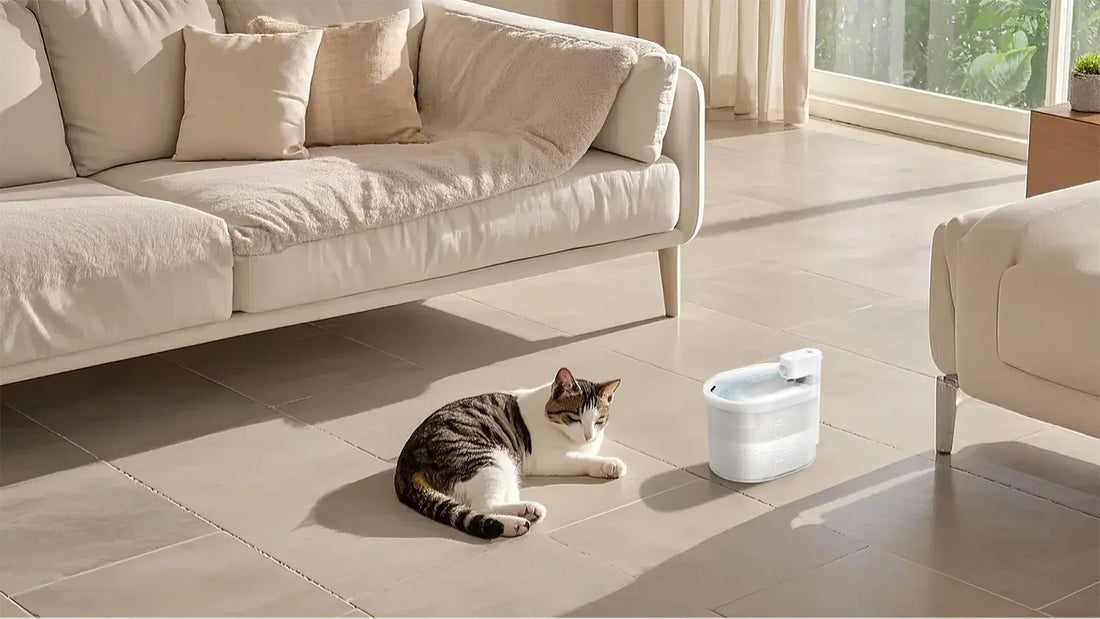Is your cat refusing to use the litter box? You're not alone. This frustrating behavior is one of the most common complaints among cat owners. Understanding the root cause is essential to finding a solution that works for both you and your feline friend. Let's dive into the possible reasons and explore practical ways to address this issue.
Understanding the Behavior
Cats are creatures of habit, and any deviation from their routine can lead to behavioral changes. When a cat refuses to use the litter box, it's often a sign that something is amiss. The key is to identify the underlying cause, which could range from medical issues to environmental stressors.
Medical Issues
One of the first things to consider is whether your cat is experiencing a medical problem. Urinary tract infections, kidney disease, and other health issues can make it painful or difficult for your cat to use the litter box. If your cat is straining to urinate, urinating more frequently, or showing signs of discomfort, it's crucial to consult a veterinarian. Early diagnosis and treatment can prevent more serious complications.
Litter Box Preferences
Cats can be quite particular about their litter box. Factors such as the type of litter, the size and shape of the box, and its location can all influence your cat's willingness to use it. Some cats prefer unscented litter, while others may avoid certain textures. Experimenting with different types of litter and boxes can help you find a combination that your cat finds appealing.
Cleanliness Matters
Keeping the litter box clean is essential. Cats are naturally clean animals, and a dirty litter box can be a major turn-off. Make sure to scoop the box daily and change the litter regularly. If you have multiple cats, it's important to provide enough litter boxes to prevent overcrowding and ensure that each cat has a clean space to use.
Stress and Anxiety
Stress and anxiety can also lead to litter box avoidance. Changes in the household, such as moving to a new home, introducing a new pet, or even rearranging furniture, can disrupt your cat's sense of security. Providing a calm and stable environment, along with plenty of hiding spots and vertical spaces, can help reduce your cat's stress levels.
Territorial Issues
In multi-cat households, territorial disputes can lead to litter box problems. One cat may block access to the litter box, or the presence of another cat may make your cat feel unsafe. Ensuring that each cat has its own litter box, placed in different locations, can help mitigate these issues. Additionally, providing separate feeding and resting areas can reduce competition and tension among cats.
Behavioral Training
If your cat has developed a habit of avoiding the litter box, behavioral training may be necessary. Positive reinforcement, such as treats and praise, can encourage your cat to use the litter box. Avoid punishment, as it can increase stress and worsen the problem. Consistency and patience are key to successfully retraining your cat.
Environmental Enrichment
Enriching your cat's environment can also help address litter box issues. Providing toys, scratching posts, and interactive playtime can keep your cat mentally and physically stimulated. A bored or understimulated cat may develop behavioral problems, including litter box avoidance. Regular play sessions and environmental enrichment can improve your cat's overall well-being.
Consulting a Professional
If you've tried various solutions and your cat continues to refuse the litter box, it may be time to consult a professional. A veterinarian or a certified animal behaviorist can provide expert guidance and develop a tailored plan to address your cat's specific needs. They can also rule out any underlying medical conditions that may be contributing to the problem.
Dealing with a cat that refuses to use the litter box can be challenging, but with patience and persistence, you can find a solution that works for both you and your feline companion. By understanding the potential causes and implementing appropriate strategies, you can help your cat return to using the litter box and maintain a harmonious household.














